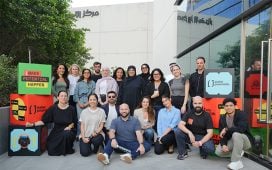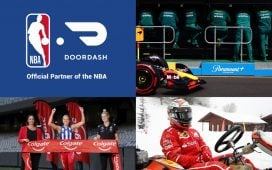It seems like only yesterday that the metaverse was the hottest topic in town. Mark Zuckerberg rebranded Facebook to Meta, Balenciaga and DKNY staged fashion shows in the virtual world Decentraland, and Disney assembled a 50-strong metaverse team.
Much about the metaverse was shrouded in mystery – even those already involved in it struggled to define what it currently was or what it could be.
But the buzz about it was palpable and as a brand that likes to push boundaries, we knew we had to be involved.
Internally it ignited spirited discussions about the limitless possibilities of virtual worlds and what we could achieve in them.
Digital Pickl restaurants where you could order your foo
To continue reading this article you need to be registered with Campaign. Registration is free and only takes a minute. Register Now or sign in below if you already have an account.









